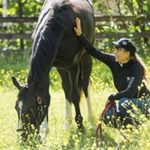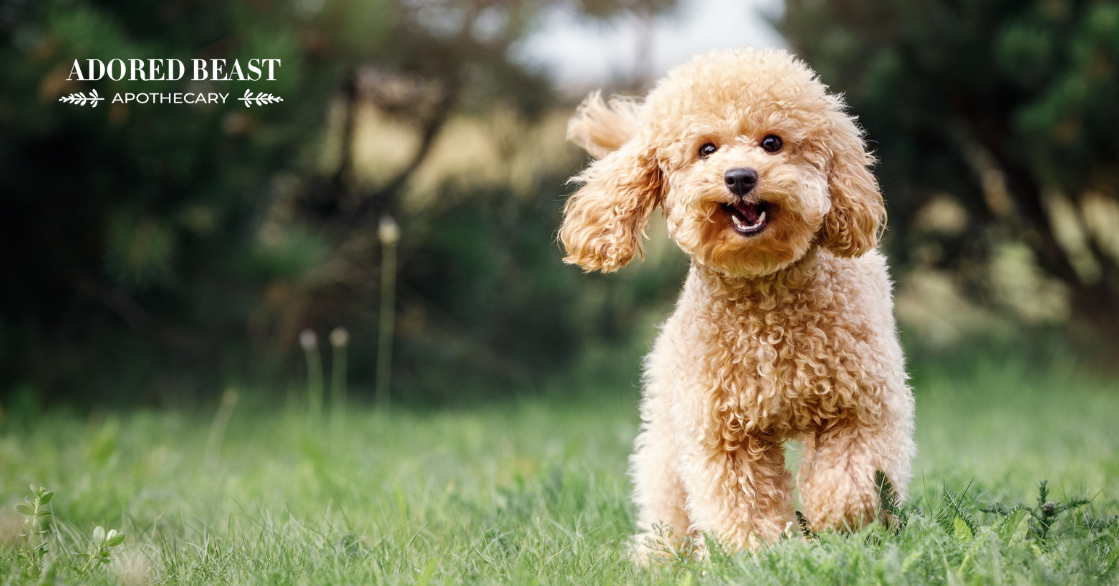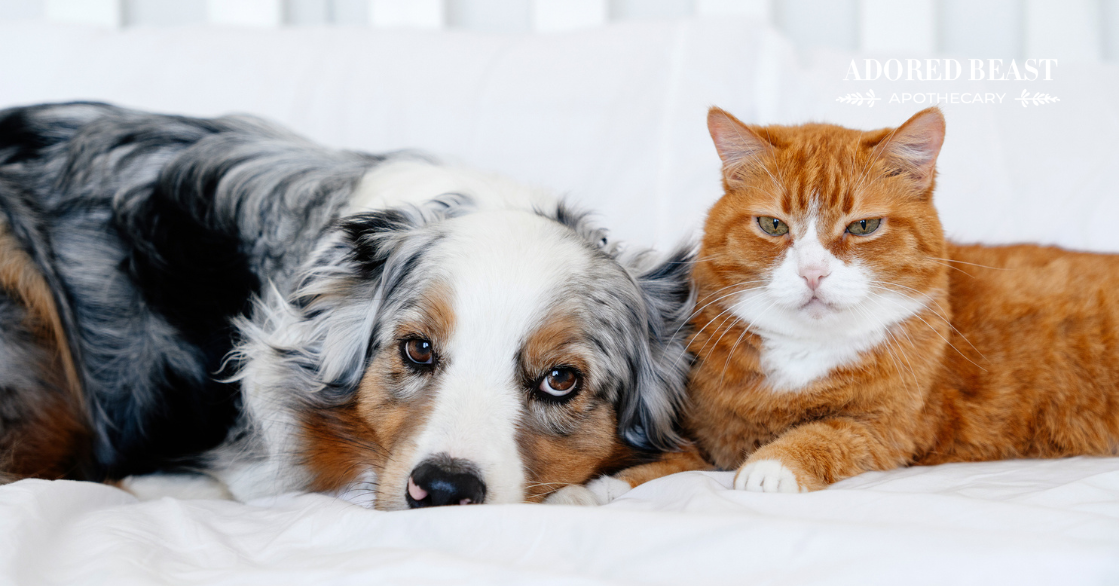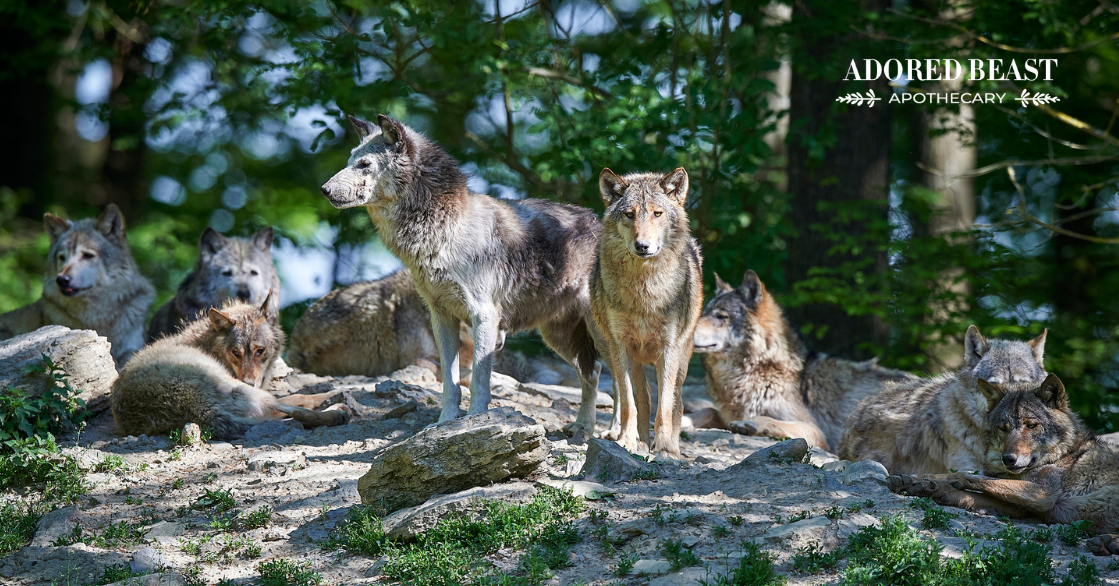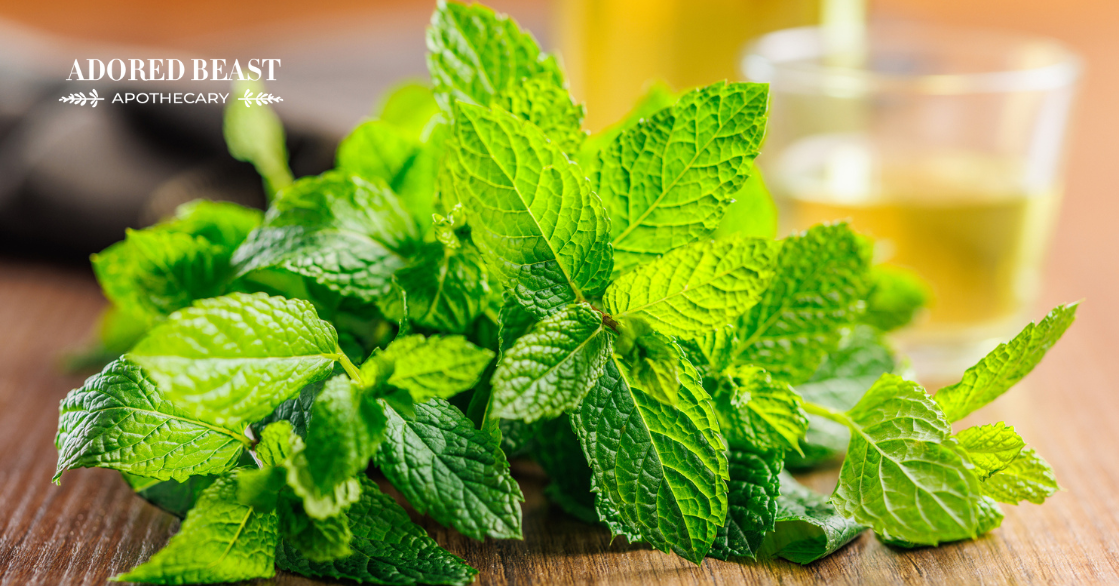Competition season is here! It’s a beautiful and fun time of year for us to spend time with our horses. If you’re showing, you want to make sure your show horse is as comfortable (if not more comfortable) than you are during these activities since it’s always our idea to compete, not theirs! When they give their all for us, we need to ensure that we are doing the same for them. It’s only fair!
So, let’s talk about some of the ways we can really support our animals when it comes to horse show season wellness.
Supporting Your Horse During Show Season
Identifying the key areas where your horse needs a boost is important for preventing inflammatory injury and digestive diseases (gastric ulcers), two of the top issues facing competition horses today. These have been largely associated with nutrition and stress (1). Putting extra physical stress on our horses leads to consequences if they aren’t supported properly early on in their lives. They can develop serious deficits. Starting as young as possible will give you an advantage. But, even if your horse is older, he can still benefit from preventative care to help get ahead of any underlying issues.
Fortunately, a large portion of preventive care can come in the form of nutrition and management.
The top 3 areas you can support your horse are:
- Digestive support
- Joint, ligament and hoof support
- Stress Management
Let’s dive in!
Show Horse Wellness Tip #1: Digestive Support
It’s estimated that between 80-90% of sport horses have gastric ulcers (2). This is a big problem. Why? We know from human and veterinary research that the gut may actually house up to 80% of the immune system. What does the immune system do? It regulates and controls inflammation everywhere in the body.
So, if your horse’s gut is trashed, he becomes less capable of regulating inflammatory responses. This can result in higher risk of sporting injuries, colic, laminitis and any number of common inflammatory issues affecting modern horses. If you want to minimize these risks, you need to support the gut and get it back on track if there’s damage.
What you can do:
Diet is #1
I know I’m constantly harping on about diet and gut health, but it really is the foundation of a healthy horse. From research, we know there are some common dietary mistakes leading to ulcer development in horses. Consider the following to optimize your performance horse’s diet.
1. Increase Pasture Turnout or Hand Graze Your Horse – It’s scientifically established that increasing grazing time reduces the risk of ulcers and improves existing ulcers (3). Don’t forget, your horse needs time to be a horse!
2. Eliminate Grain/Starch/Sugar – These foodstuffs are a leading contributing factor in the development of ulcers (3). Starch and fibre should be considered two very different aspects of your horse’s nutrition. Hydrolysable starch (the kind that turns into sugar) comes from grains and legumes that have been heavily heat-treated and processed. They don’t give your horse the right kind of energy to compete. They can also make your horse “hot”, leading to behavioural issues. Veterinarians will often recommend extra low-starch/sugar diets for horses that already have inflammatory issues such as laminitis. But why start when there’s a problem? Every horse will benefit from a low-starch/sugar, high fibre diet in the form of high quality forage.
What’s alternative energy for high performance sport horses that need some fuel? Fat! Yes, a small amount of fat goes a long way and actually has a “cooling” effect on those really hot horses. My favorites? Coconut fibre and stabilized rice bran.
3. Avoid high protein diets as they can be hard on your horse’s kidneys and cause dehydration in hot weather, often the case during show season.
4. Eliminate Herbicides – This is a hidden ingredient in most highly processed horse feed. Even if it comes from a “premium source”, your horse’s feed could contain heavy loads of the toxic chemical glyphosate, otherwise known as RoundUp. The top offenders: sugar beets, wheat, corn, soy, barley, and alfalfa. Do not feed these to your horse if you want to create health and wellness! Glyphosate has over 200 peer-reviewed studies on its ability to create gastric ulcers, disrupt the microbiome, dysregulate the metabolic system, induce cancer, and negatively affect the environment (4) (5) (6). All of those are big issues for horses. You can give all the fanciest supplements and probiotics in the world for gut health but if you’re not eliminating these ingredients from the diet, you’re really never going to get ahead.
5. Add Fresh Foods and Herbs – Horses kept in modern day conditions (eg. less access to fields, more confinement, heavier physical workload) need support simply for being in these situations. Horses in natural pasture will have access to hundreds of plants and will change their plant consumption throughout the seasons depending on what tastes the best and what is growing. They are natural herbalists and they know what they need. The more variety of plants they have access to, the more easily they are able to nourish themselves. This is NOT what is happening with most modern horses. We take this away from them when we put them into our conventional management programs. Add the extra wear and tear from sport and the risk of systemic inflammatory stress, and nutritional deficiencies can easily develop if they are eating nothing but dried hay and heavily processed feed. Add these stressors together and you’ll find what is becoming a more and more common scenario: injured and GI-damaged horses.
Consider adding fresh foods such as lettuces, carrots (including the tops), and dandelion greens. These are all packed with naturally occurring vitamin A, C, E, and K, phytonutrients, and resistant starch (the good kind of starch!) to help regulate blood glucose. They also provide a variety of antioxidants to reduce systemic inflammation. Here at home we grow produce in our garden just for the horses.
Herbs can be customized with the help of an equine herbalist or nutritionist. If your horse is healthy, you can use a seasonal species-appropriate rotation to help them gain access to naturally-occurring nutrients that are missing from the modern equine diet. You can use dried or fresh herbs. Some highly nutritive options include:
- dandelion
- plantain leaf
- peppermint
- parsley leaf
- marshmallow leaf
- meadowsweet
- coltsfoot
- yarrow
- comfrey leaf
- raspberry leaf
- strawberry leaf
- astragalus power
- dulse flakes
- kelp powder
- calendula
- lemon balm
- marjoram
- rose hip powder
- red clover flower and leaf
*Note: Herbs should be fed in rotation, simulating the seasonal foraging habits of horses. Pick 3 herbs from the list above and test out what your horse will eat in small amounts. If they don’t like something, don’t include it. Rotate through the ones they do like. For seasonal rotation, choose plants that are naturally available at certain times of the year. Generally ½-1 cup of mixed herbs daily is a great place to start for the average sized horse.
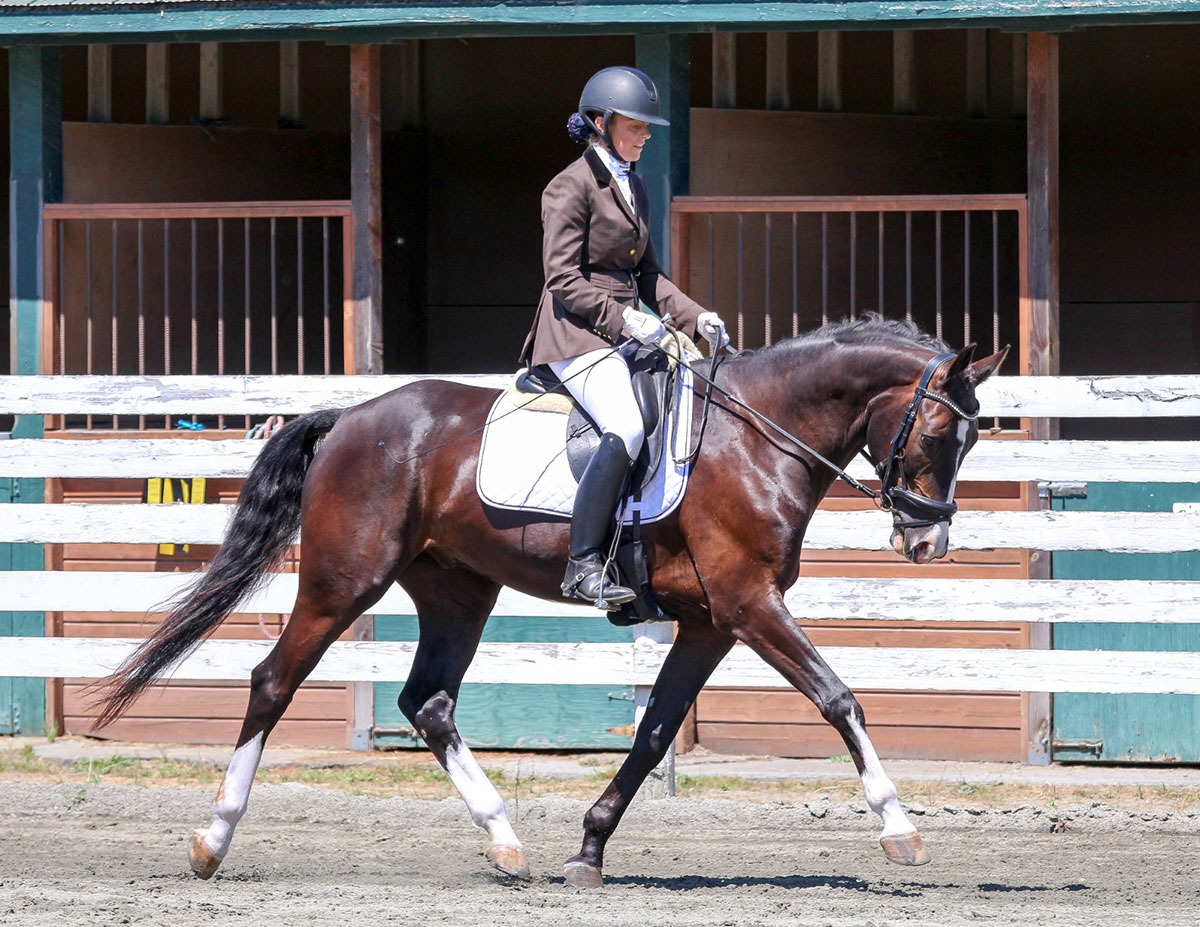
Add Gut-Supportive Supplementation
Medicinal herbs and nutraceuticals are highly indicated for gut support in horses including:
Slippery elm bark – Scientifically proven to regenerate mucosal lining of the equine gut and has even compared to sucralfate (a gut-protective drug commonly used to treat ulcers) in its efficacy. However, it goes one step further by not just protecting damaged mucosa but also aiding in its regeneration (7).
Marshmallow Root – Marshmallow root contains polysaccharides and mucilage which is well-known to reduce inflammation on irritated epithelial linings (eg. gut, airways, bladder, sinus, etc.) (8). It’s a must if you suspect GI irritation in your horse.
Aloe vera – Aloe has been shown to modulate immune function in race horses and to aid in the treatment of ulcers in humans (8) (9).
Probiotics – Probiotics help to build a strong and diverse microbial community in your horse’s GI tract. However, they must be added with care and along with nutrients that strengthen the mucosal lining. If your horse’s gut is damaged, simply adding probiotics won’t do the trick. Adding only a few strains can lead to mono culture overgrowths which can exacerbate your horse’s GI issues. Including a diverse range of probiotics along with mucosal-healing nutrition is important for re-gaining full function of the digestive and immune systems. Adding species-specific probiotics can further benefit your horse by increasing his ability for immune (inflammatory) modulation.
N-Acetyl Glucosamine (NAG) – This naturally-occurring amino sugar has been shown to reduce inflammation to the gut lining and can aid in the healing process. It has been used successfully to treat irritable bowel syndrome in humans (10). Additionally, it’s useful for the linings of the lungs, bladder, and other interstitial linings in the body. It’s a powerhouse for GI support when added along with the other ingredients listed above.
Show Horse Wellness Tip #2: Joint, Ligament and Hoof Support
Food and other supplements are covered for the gut, now it’s time to talk about those joints, ligaments and hooves.
Vitamin E – Unless your performance horse has a minimum of 4-6 hours of pasture time per day, consider including vitamin E to his diet. It’s a common equine nutrition deficiency that can have devastating long term effects, including joint/ligament and neurological damage (11). Vitamin E works as an antioxidant and anti-inflammatory nutrient in the body, protecting joints, ligaments, and the nervous system from wear/tear and aging. Vitamin E should be given in a liquid and naturally-occurring form (d-alpha tocopherol) for best absorption. Don’t waste money on powders.
Organic Selenium – This is another common nutrient deficiency in horses (11) and extremely important for correct hoof growth, healthy metabolism, and liver function. It is especially indicated for those horses with chronic cracking in the hooves and poor hoof growth.
Omega 3 Fats – Omega 3s can be hard to come by in a modern equine diet and it’s important to add them to support joint and nervous system health (12). Stick to plant-based sources for horses (DON’T use fish oil!). Flax, chia, hemp, ahi flower, and algae oils are all wonderful additions for full-spectrum omega 3 nutrition.
Homeopathy – Homeopathics are still fairly unheard of in the equine world but they are of huge benefit in your prevention toolbox. Not only are they gentle and effective but they are safe to use in competition horses with no risk of a positive random drug test. Be sure to have the following remedies in your toolbox for prevention and care of injuries/swelling/inflammation associated with sport:
- Arnica – a highly effective and non-suppressive anti-inflammatory homeopathic – reduces pain and swelling quickly – for bruising, and pain associated with over-extension
- Aconite – another effective anti-inflammatory remedy for injuries and inflammation – nerve pain, twitching, bruising, heat and inflammation in the limbs, lameness
- Symphytum – prevention of arthritis, bone and cartilage injury and pain associated with it
- Calendula – prevention and care for tearing of the tendons or muscles
- Ruta – for tendonitis and tendon injury, weakness and pain in the joints, swelling in the joints
Show Horse Wellness Tip #3: Stress Management
Competitions can be stressful for horses even when they don’t show it. It’s important to respect that during and after competitions, horses need to do “horse things” to keep their stress levels low. This includes:
- Grazing – Hand graze or turn your horse out as much as possible before, during, and after a show.
- Socializing – Even if it’s just walking around with you and another horse, hand grazing with others, this will matter to your horse. Spending quality time brushing and massaging your horse is also a great way to bond with your horse and to reduce physical and mental tension.
- Homeopathy – Aconite 1M and Argentum Nitricum 1M are wonderful remedies for horses that get anxiety at horse shows.
We wish you the very best for the competition season. Go have fun with your horses!
References:
- Equine Veterinary Journal: Nutrition-associated problems facing elite level three-day eventing horses, 2010
- Equine Sports Medicine and Surgery: Equine Gastric Ulcers, 2014
- Journal of Veterinary Internal Medicine: European College of Equine Internal Medicine Consensus Statement – Equine Gastric Ulcer Syndrome in Adult Horses, 2015
- Science of the Total Environment: Environmental and health effects of the herbicide glyphosate, 2018
- Journal of Epidemiology and Community Health: Is it time to reassess current safety standards for glyphosate-based herbicides? 2017
- Food and Chemical Toxicology: Glyphosate induces human breast cancer cells growth via estrogen receptors, 2013
- Journal of Veterinary Medicine and Animal Health: Expedited management of ulcer, colic and diarrhea in 209 horses: An open-labeled observations study of a potency-enhanced sucralfate-like elm phyto-saccharide, 2013
- Swedish University of Agricultural Sciences, Department of Animal Nutrition and Management: Herbs for Horses, 2009
- Iranian Journal of Medical Sciences: Effectiveness of aloe vera gel in chronic ulcers in comparison to convention treatments, 2016
- Natural Medicine Journal: N-acetylglucosamine for treatment of inflammatory bowel disease, 2015
- The Canadian Veterinary Journal: The selenium and vitamin E status of horses in Prince Edward Island, 2010
- Nutrition and Dietetics: Omega 3 fatty acid supplementation in horses, 2014


